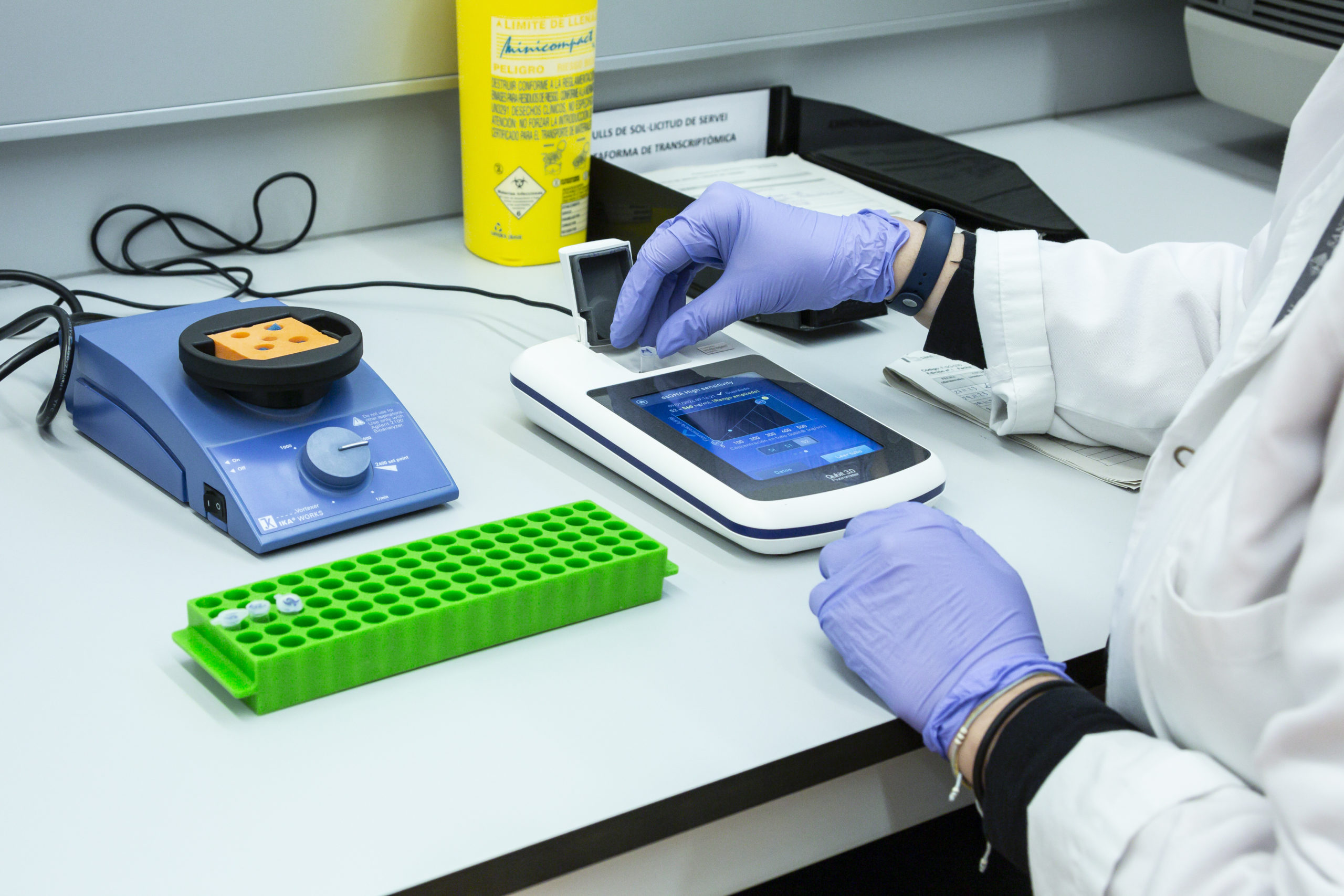
On Rare Disease Day, the Sant Pau Research Institute (IR Sant Pau) reaffirms the significance of scientific and clinical advancements in improving the diagnosis and treatment of these little-known conditions.
Rare diseases affect a relatively small number of people compared to more common illnesses, yet they have a profound impact on patients and their families. There are an estimated 7,000 rare diseases, around 80% of which are of genetic origin. Despite their low individual prevalence, they collectively affect millions worldwide. In Catalonia alone, approximately 350,000 people are thought to be living with a rare disease.
IR Sant Pau has established itself as a leading research centre in this field, thanks to the work of its Cross-disciplinary Programme in Genomic Medicine and Rare Diseases. With over 310 researchers and technicians working across 18 research groups, the programme has published more than 2,000 scientific papers and reviews since 2018, cementing Sant Pau’s position as a key player in this area.
Furthermore, Sant Pau is the Spanish institution with the strongest representation in the CIBERER (Spain’s Networked Centre for Biomedical Research on Rare Diseases), with five research groups funded by the Carlos III Health Institute (ISCIII). This involvement highlights Sant Pau’s role as a leading institution in translational research, bridging the gap between laboratory discoveries and clinical practice.
IR Sant Pau is deeply committed to personalised and precision medicine, a field that tailors treatments to the individual genetic profile of patients. The institute is actively involved in the IMPaCT project (Infrastructure for Precision Medicine Associated with Science and Technology), leading two major initiatives:
Additionally, Sant Pau is at the helm of four in-house projects in personalised medicine and collaborates extensively with other institutions, reinforcing its commitment to biomedical innovation.
Lately, IR Sant Pau has made significant advances in the study and treatment of various rare diseases, pioneering new therapeutic approaches. One notable breakthrough is the demonstration of non-pharmacological therapies, such as cognitive rehabilitation and music therapy, in patients with Huntington’s disease, leading to cognitive improvement and delayed neurological deterioration.
Another study has identified the immune system’s key role in the progression of motor neurone disease (ALS), potentially paving the way for earlier diagnosis and new therapeutic strategies. Meanwhile, the institute is leading the SPAiN project, which seeks to improve the treatment of autoimmune neuropathies in Spain, ensuring fairer access to care.
A further achievement is the development of a new scale to assess the progression of cerebral small vessel disease linked to the NOTCH3 gene, which will facilitate earlier diagnosis and the design of targeted treatments.
These developments are just a few examples of the groundbreaking research being carried out at IR Sant Pau, which remains dedicated to translating scientific discoveries into tangible solutions that improve the lives of those affected by rare diseases.
As Rare Disease Day is observed worldwide, it serves as a crucial reminder of the efforts made by patients, researchers, and healthcare professionals who, day after day, strive to improve our understanding and treatment of these conditions.
Last update: 28 de February de 2025